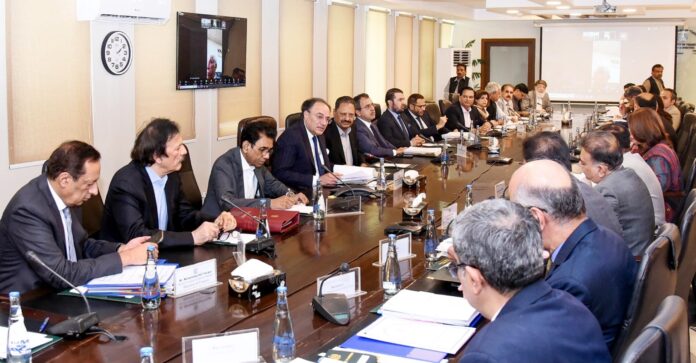- Policy prohibits granting honorariums for religious festivals, such as Eid or Christmas, and ensures that no employee can receive honorariums from more than one organisation
The Economic Coordination Committee (ECC) of the Cabinet on Monday approved a new honorarium policy for civil servants, granting discretionary powers to the finance minister for determining honorarium payouts to employees of economic ministries, Parliament, and the Prime Minister’s Office, after reviewing a summary presented by the Finance Division.
Under the newly approved policy, the finance minister will have the authority to determine the quantum of honorariums, with a focus on employees in key economic divisions, such as the Finance Division, Revenue Division, Federal Board of Revenue (FBR), Planning, Development, and Special Initiatives Division, and others. The policy is designed to streamline honorarium payouts, addressing the need for additional financial rewards for civil servants.
Currently, the honorarium will be based on merit and performance, with federal secretaries authorized to grant one performance honorarium equal to a basic pay to up to 25% of their ministry’s employees.
However, the federal secretary themselves cannot grant this honorarium to themselves. The policy prohibits honorariums from being granted for religious festivals, such as Eid or Christmas, and stipulates that no employee can receive honorariums from more than one organization.
The new policy also includes tax incentives, with a lower tax rate on honorariums. The tax on honorariums will be structured similarly to the monetization allowance, where a 5% income tax is applied.
However, a cap has been placed, ensuring that no employee is granted more than one honorarium per year. Honorariums must also be reflected in payroll statements.
The new system aims to reward civil servants based on their performance while maintaining transparency and accountability. However, Finance Minister Muhammad Aurangzeb explained that the finance minister has always held this power as chair of the ECC, and the new approach will allow for more targeted and strategic distribution of honorariums.




